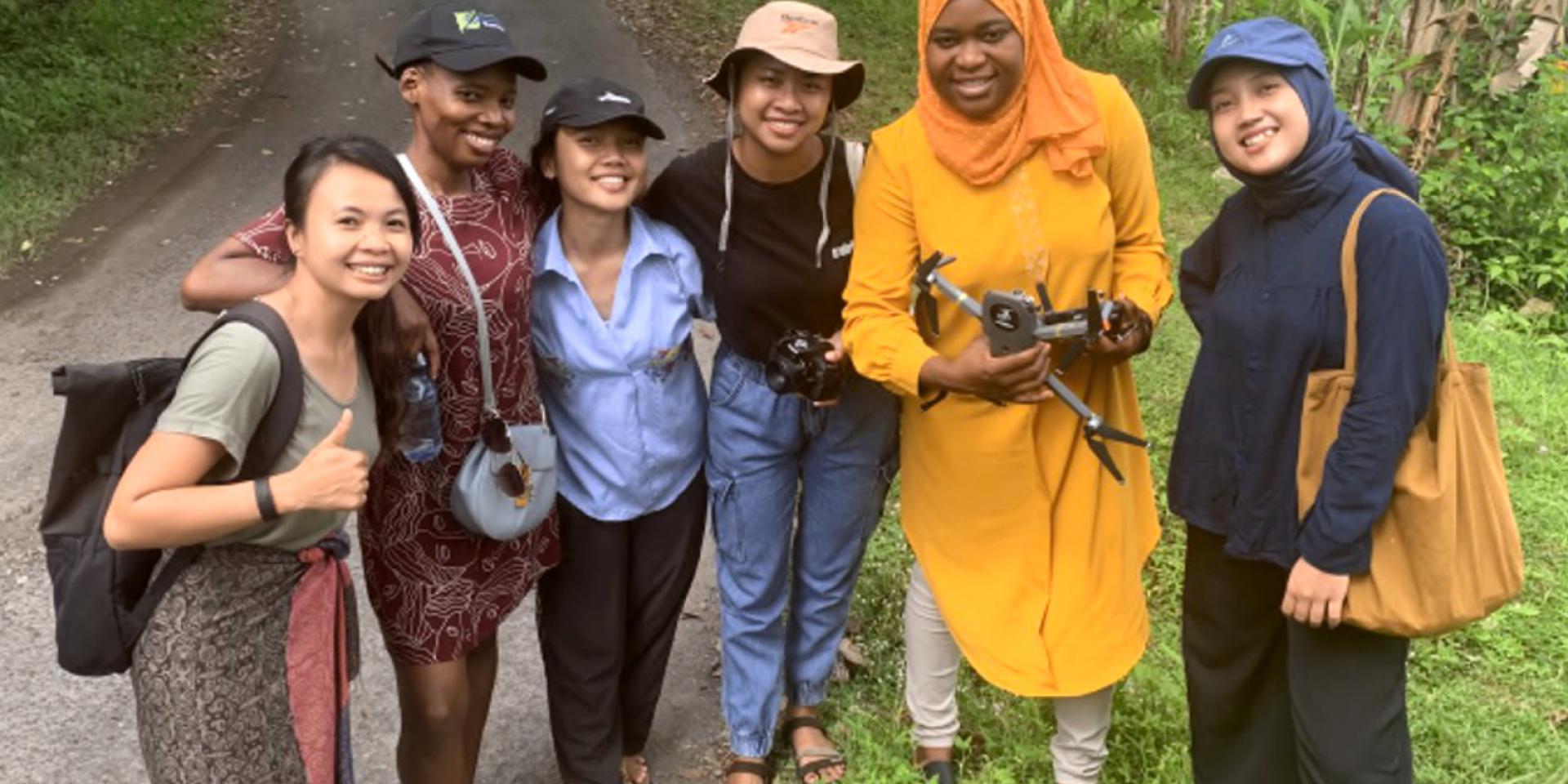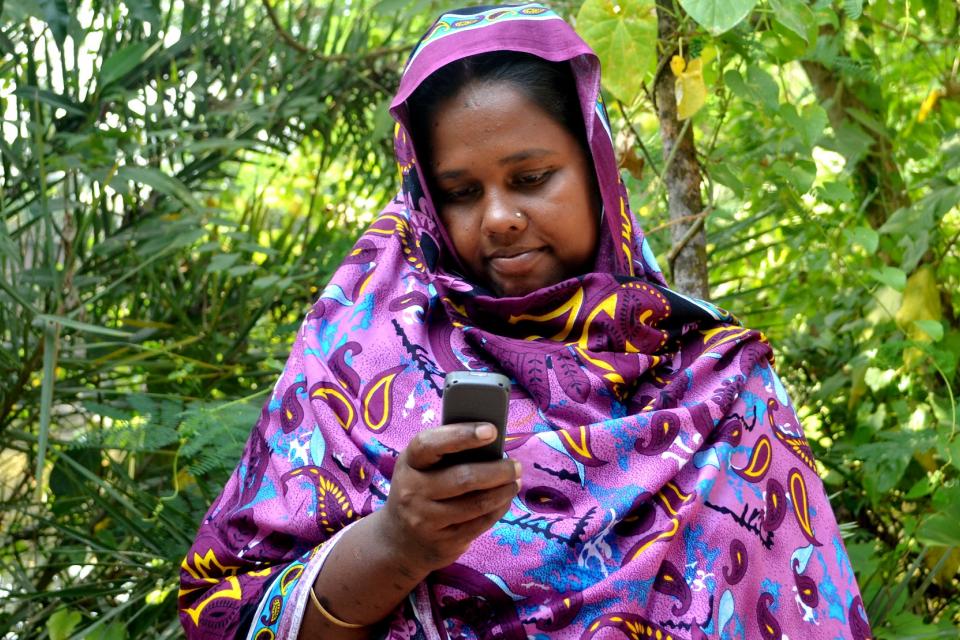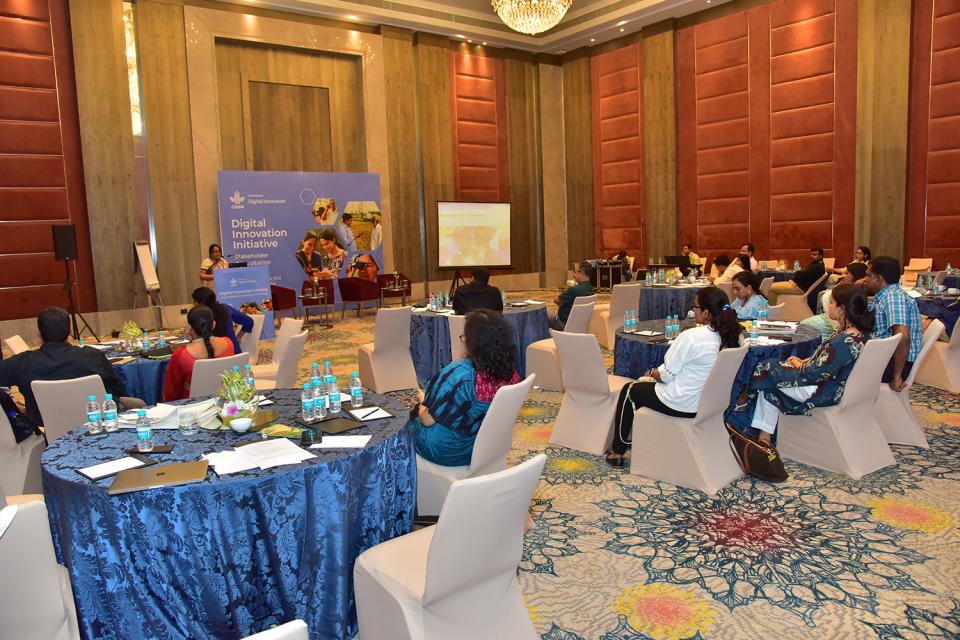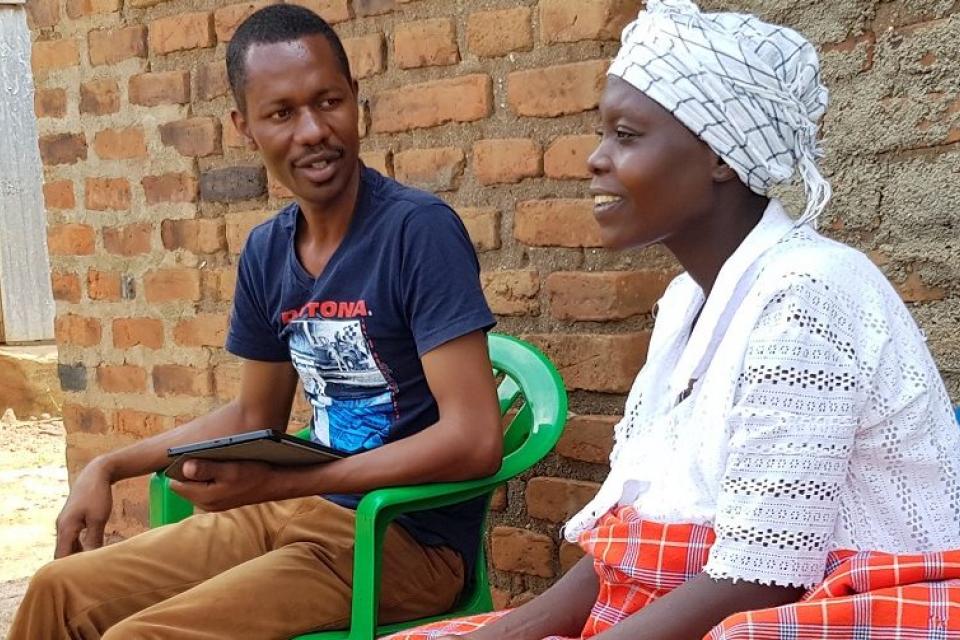Training in digital and data skills can bridge the gender divide in agriculture

Data collection and analytics are key functions in modern development projects, but are often performed by contracted staff who may be unaware of the local context and take their skills and data access with them after the project ends.
To address this issue, the CGIAR Digital Innovation Initiative has partnered with the Open Knowledge Kit (OK Kit), created to enable people from local communities, especially women, to use digital tools and techniques to support continuous and consistent data collection methods and create local data employment opportunities across the Sustainable Development Goals. The first training took place in September 2022 in Bali, Indonesia.
The OK Kit Regeneration Program was founded by Celina Agaton to address important shortcomings in development and research initiatives, that prevent them from addressing the gender, climate and digital divide, effectively meet the needs of marginalized communities and create new sources of livelihoods.
“Many research and development models are structured to support short-term initiatives, a revolving door of external staff, expensive tools, equipment, and travel costs that contribute to increased environmental impacts. Easy-to-learn methods empower non-technical people as citizen scientists and knowledge stewards, and donors can make more informed decisions while creating livable wages,” said Agaton.


